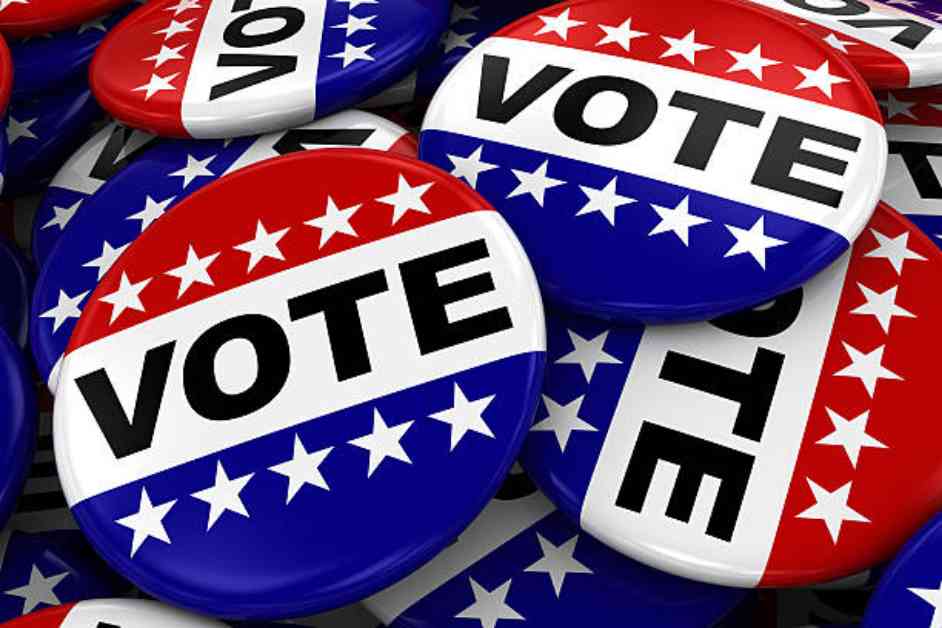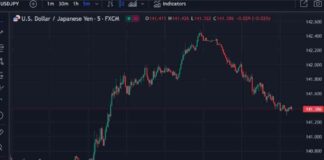US Elections Impact on Financial Markets: A Deep Dive Analysis
As the US presidential election draws near, the impact on financial markets is becoming more pronounced. With Kamala Harris taking the lead in most polls and President Joe Biden’s sudden exit from the race, the dynamics have shifted significantly.
The Rise of Kamala Harris
After Biden endorsed Harris as his replacement, she quickly gained momentum and secured the Democratic Party’s nomination. Her choice of Tim Walz as her running mate and the star-studded Democratic National Convention further solidified her position as the frontrunner.
However, Harris’s campaign faced a setback when she delivered a lackluster performance in an interview with CNN. This provided a much-needed boost to the Trump team and raised questions about her policy details, especially concerning the economy and financial markets.
Policy Differences and Market Implications
When it comes to economic policies, the key differences between the two candidates are not as clear-cut as in other areas such as immigration and climate change. Trump aims to extend the Tax Cuts and Jobs Act of 2017 and make further reductions to the corporate tax rate, while Harris focuses on helping households with the cost-of-living crisis.
Investor Preferences and Market Predictions
The majority of investors currently favor Trump to win the election due to his tax cut plans. However, the US’s growing debt and deficit problem could pose significant challenges if Trump is re-elected. On the other hand, Harris’s policies are projected to add less to the debt pile, providing a more stable economic outlook.
Trade War Concerns
One of the key issues affecting the financial markets is the ongoing trade war with China. Trump’s proposed higher tariffs could impact domestic producers and retailers, leading to increased costs for consumers. This could complicate the Federal Reserve’s efforts to combat inflation and reduce interest rates.
Congressional Influence and Market Reactions
The composition of Congress after the election will play a crucial role in shaping economic policies and market reactions. If Trump wins but Republicans do not control Congress, compromises may be necessary on tax cut plans. Similarly, a split Congress under a Harris administration could lead to challenges in passing bills containing tax hikes.
Dollar and Market Expectations
A Republican-led Congress is likely to be inflationary, leading to a bullish backdrop for the US dollar. Trump’s policies could benefit equities in the short term, but higher tariffs and inflation may pose risks in the long run. On the other hand, a Democratic-led Congress could keep the Fed on an easing path, impacting the dollar and stock market performance.
Commodities Outlook
The implications for key commodities such as gold and oil vary under different administrations. Gold may face challenges under a Trump administration due to potential interest rate hikes, while oil prices could benefit from a stronger US economy. Geopolitical tensions and policies towards Iran and Israel could also impact oil prices.
Cryptocurrency Considerations
Cryptocurrencies and crypto-related stocks have emerged as a key focus in the election race. Trump’s evolving stance on digital currencies and Harris’s support for further growth in the sector could influence investor decisions. The outcome of the election and its impact on regulations will shape the future of cryptocurrencies in the market.
Final Thoughts
As the election day approaches, investors are closely monitoring the candidates’ campaigns and market reactions. The competition between Trump and Harris, along with the potential outcomes for Congress, will play a crucial role in determining the future of financial markets. Stay tuned for further updates on the evolving election landscape and its impact on global markets.

















